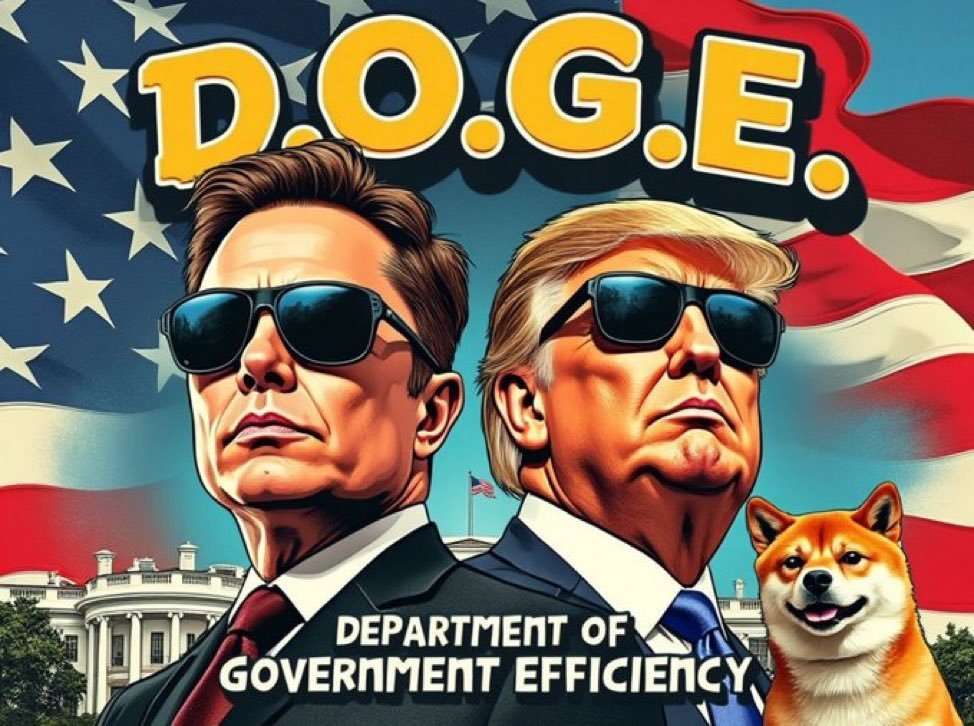Bitcoin Hits Record High at $120,000

Bitcoin Breaks Record High at $120,000
The cryptocurrency market is riding high as Bitcoin reaches a new record high of $120,000. This surge in value is attributed to the growing investor enthusiasm and optimism in the industry. This positive sentiment is further bolstered by the upcoming "Crypto Week" in the US House of Representatives, where key industry legislation will be considered. The growing mainstream adoption of Bitcoin as a legitimate form of currency and investment has also contributed to this historic milestone. While skeptics may have doubted its potential in the past, this recent surge is a clear indication of the bullish momentum driving Bitcoin's success.
About the Organizations Mentioned
US House of Representatives
The **U.S. House of Representatives** is one of the two chambers of the United States Congress, serving as the lower house alongside the Senate. Established by Article I of the U.S. Constitution in 1789, it plays a central role in federal lawmaking, representing the American populace proportionally across its 435 voting members, each serving two-year terms[1][2][6]. The House includes six non-voting delegates from U.S. territories and the District of Columbia. The House has several **exclusive powers**: it initiates all revenue-related bills, holds the sole authority to impeach federal officials, and elects the president if no candidate secures an Electoral College majority[1][2]. Its members must be at least 25 years old, U.S. citizens for seven years, and residents of their states[1]. The House operates primarily under a **majority-rule system**, with the majority party controlling the legislative agenda, committee leadership, and floor proceedings[3][6]. The **Speaker of the House**, elected by Representatives and traditionally from the majority party, is a pivotal figure. Beyond presiding over the chamber, the Speaker manages legislative priorities, appoints committee members, and is second in the presidential line of succession after the Vice President[1][3][6]. The House's rules enable relatively swift legislative action compared to the Senate, facilitating efficient passage of bills[4]. Historically, the House's creation resolved tensions between populous and less populous states through the Great Compromise, balancing proportional representation with the Senate’s equal state representation[6]. Over time, suffrage expanded to include all adult citizens irrespective of race or gender, reflecting the nation’s evolving democratic principles[2]. Today, the House continues to be vital in shaping U.S. policy, overseeing government operations, and responding to national issues. Its structure and procedures influence how legislation, including business and technology policies, is developed and enacted, making it a focal point for stakeholders in these











